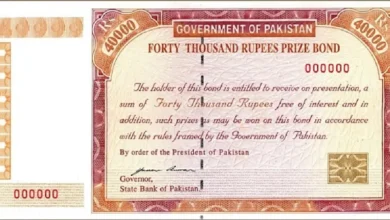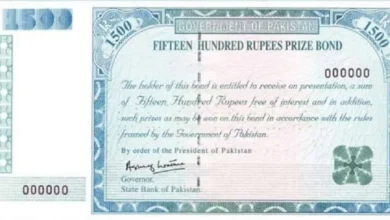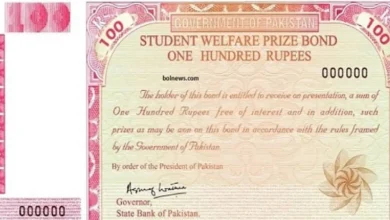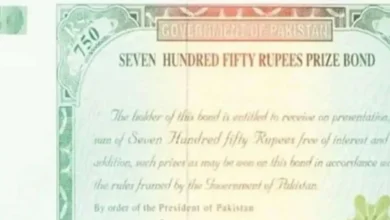
The term “Open Market” often refers to a marketplace in which products and services are freely purchased and sold, with no limitations or government involvement. An open market in economics is one in which buyers and sellers can freely participate and establish prices based on supply and demand without external influence.
In finance, an open market is one in which assets or financial instruments, such as stocks, bonds, or foreign currency, can be freely exchanged. For example, the foreign exchange market is an open market in which people from all over the world can freely trade currencies with one another.
In some cases, the phrase “Open Market” may particularly refer to the acts of a central bank, such as the Federal Reserve in the United States, when it purchases and sells government securities to affect interest rates and monetary policy. An open market operation, in this sense, is a monetary policy instrument used by central banks to regulate the money supply and stabilize the economy.
Some commonly asked questions regarding free markets are as follows:
What are some examples of open markets?
Stock exchanges, commodities markets, internet marketplaces like eBay and Amazon, and physical markets like farmer’s markets and flea markets are all examples of open markets.
How does an open market differ from a closed market?
A closed market is one in which commerce is restricted by government laws or taxes. Prices in a closed market may not correctly represent supply and demand, and buyers and sellers may not have equal access to opportunities.
What are the benefits of open markets?
Increased competition can drive down prices and increase quality in open markets. They can also facilitate the entry of new enterprises and entrepreneurs into the market, resulting in innovation and economic growth.
What are the risks of open markets?
Changes in prices in reaction to changes in supply and demand can cause volatility and instability in open markets. There is also the possibility of fraud and market manipulation, since some individuals may seek to abuse others for personal benefit.
What role does government play in open markets?
The government usually takes a limited role in a free market, focusing largely on maintaining fair competition and protecting consumers from fraud or other harmful behaviors. Governments may interfere in specific instances, such as during times of crisis or when market failures arise.
How do open markets impact global trade?
Open markets can enhance international commerce by leveling the playing field for enterprises and lowering entrance barriers. However, as companies seek to maximize profits by sending manufacturing to countries with lower labor and environmental standards, they can lead to the exploitation of workers and resources in developing countries.












